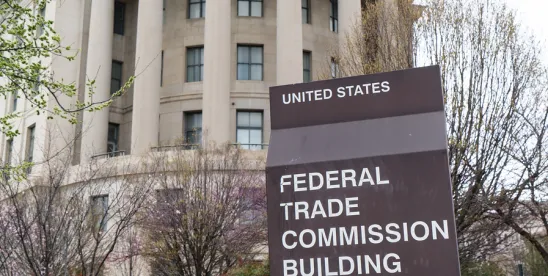On August 26, 2022, the Federal Trade Commission (FTC) published its “Strategic Plan for Fiscal Years 2022–2026,” as required under the GPRA Modernization Act of 2010.
The strategic plan states that over the next five years, the FTC intends to continue its focus on (1) protecting the public from unfair or deceptive acts or practices in the marketplace, (2) protecting the public from unfair methods of competition in the marketplace and promote fair competition, and (3) advancing the FTC’s effectiveness and performance.
The strategic plan also sets forth certain of the FTC’s stated strategies for improving compliance with antitrust laws. Of particular note, the FTC will seek to:
-
improve oversight to ensure compliance with FTC orders and Hart-Scott-Rodino (HSR) reporting obligations;
-
increase the use of structural remedies in consent orders and litigated matters;
-
decrease the use of behavioral remedies in consent orders and litigated matters;
-
encourage parties to propose stand-alone, operating businesses as settlements;
-
increase the use of provisions to improve worker mobility, including restricting the use of non-compete provisions;
-
impose heavier penalties for FTC order violations and HSR violations;
-
increase the use of prior approval provisions to prevent illegal transactions in the same markets as those already under order; and
-
provide transparency in the decision-making process through public comment periods, press releases, blog posts, updated policy guidance, and analyses to aid public comment.
This strategic plan appears consistent with the FTC’s current approach to antitrust enforcement.





 />i
/>i

